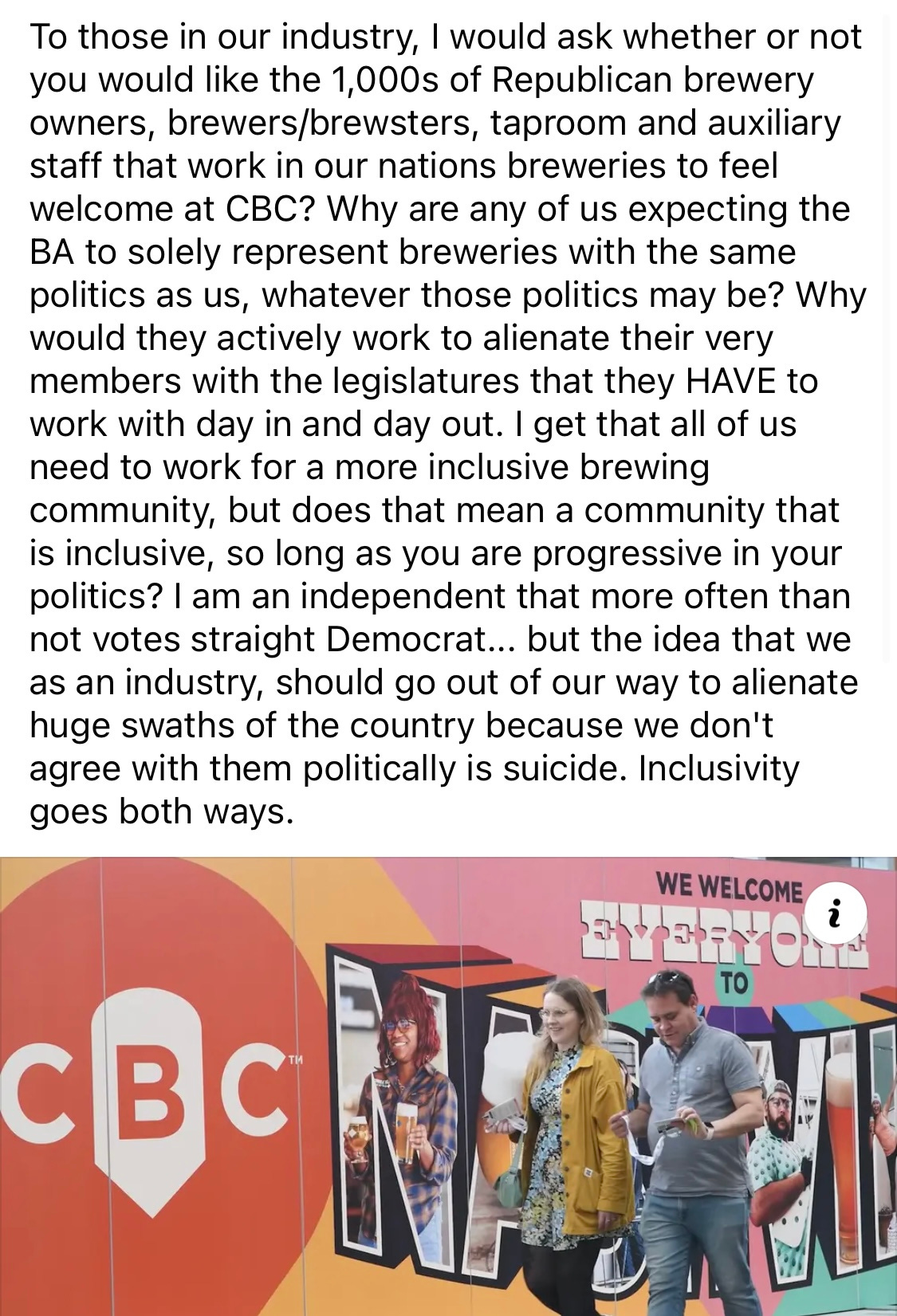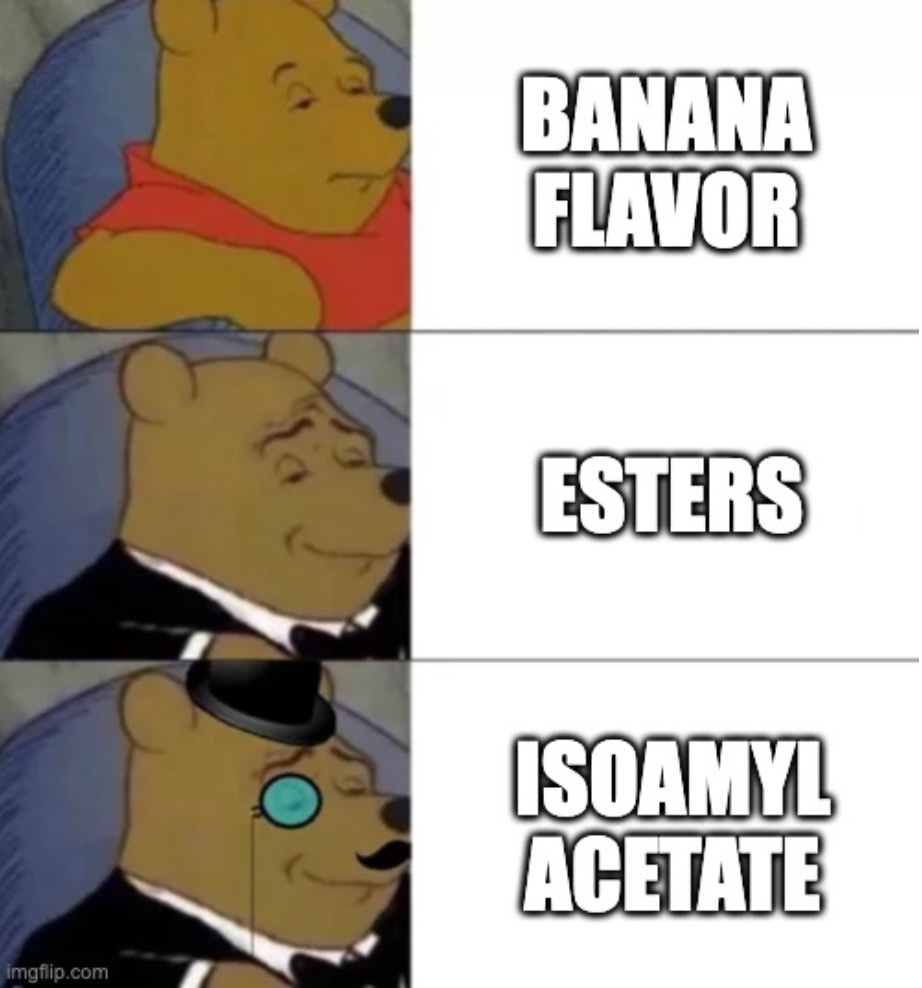9. Them's the Takes
You gotta know when to hold ‘em (accountable), know when to scold 'em, know when to walk away, and know when to run
When do you engage with people about their racist, sexist, homophobic, transphobic, “devil’s advocate” (gross) attitudes? What degree of separation do they need to be from you? When do you respond to a social media comment and when do you simply unfriend someone?
These are not rhetorical questions. I’m asking.
Contrary to what some may think, I do not spend my days fighting the patriarchy tooth and nail. I do not spend my days seeking out opportunities to name sexist behaviors and request accountability. Most days, I am simply trying to survive as a woman as under the radar as possible. I smile frozenly at patronizing old men, share screenshots with friends of beer guys mansplaining to women on social media, and decide not to use my energy calling out performative male allyship because it would take all of my time. Literally all of my time.
The issue with that being, of course, that there are people I know out there in my orbit, in my real or parasocial relationships, who are spouting bullshit opinions on the lived experiences and realities of historically excluded communities.
No, not all opinions are valid. No, your opinion is not equal to the expertise and lived experiences of others.
Recently, an acquaintance Facebook friend posted a long opinion related to CBC that ended with the statement “inclusivity goes both ways.” I do not need to tell you the demographic of this person because you already know. As I’ve only met this person once or twice IRL and didn’t particularly enjoy either meeting, it was a pretty easy decision for me to unfriend them. However, after I did it, I didn’t feel better. What had I accomplished, really?
Now, I am a BIG believer in pruning your social media of people and accounts that distress you or do not serve you. Social media is already a pox on society, and you don’t need to consume content that routinely leaves you in a worse headspace. For a long time, I listened to the mostly Boomer and entirely white online peanut gallery who scold that you shouldn’t only surround yourself with people who think just like you. Big lulz to the hypocrisy of that one. I realized the only people who were reprimanding people for not wanting to be social media “friends” with everyone were the same people breathlessly sharing YouTube videos about the Plandemic and complaining about “wokeness” going too far.
After a few minutes, I decided that this post, this situation, was worth engaging in a little more. Not a lot more, but I was familiar enough with this person that I felt like there may be an opportunity to challenge them to rethink what they posted. Or at least make it harder for them to not say the quiet part out loud.
If you are white and in a Eurocolonial society such as the United States, you likely live a very confrontation-free life. You don’t have to figure out how you affect others but rather expect, consciously or unconsciously, that “others” will adapt to you. I find that when you have lived this privileged life, you equate words like “challenge” with high conflict and you’re not used to dealing with conflict on the reg. This is where a lot of our unwillingness to directly address beliefs that make us even slightly uncomfortable stems from. “Challenge” does not have to mean high conflict. Or conflict at all. It can be as simple as asking someone what they meant or asking them to explain why a joke was supposed to be funny.
In this case, I asked the person how inclusivity goes both ways when the definition is equal access to resources and opportunities for marginalized communities. I asked for them to continue their argument that expecting organizations to advocate for safe spaces would mean that the “1000s of Republican brewery owners…” (their words) wouldn’t feel welcome. Why wouldn’t they feel welcome? Why would making a space safer for historically excluded communities mean the dominant community would feel unsafe? Is there something inherently unsafe about those communities?1
When I reach out to people in this way, I weigh the chances of getting “You’re right, I’ll reconsider my viewpoint” in response - likely zero, but maybe something. In this case, maybe not the original poster, but maybe someone else who commented. Maybe someone for whom the post doesn’t quite sit right but they’re not sure how to enunciate it will read it. This did not happen, of course. The person doubled down on their fallacious argument but don’t worry, friends, in true devil’s advocate fashion, they made sure to say that they are an independent voter who more often than not votes straight Democrat. Cool story, bro.
Here’s the problem with playing the devil’s advocate: it is almost always from the position of privilege and ignorance. The devil’s advocate has no stake in the topic at hand and is usually not affected by the topic. They’re not interested in engaging in real dialogue. They don’t want to learn. They want to win what to them is an abstract argument. It allows them to create a power dynamic wherein they argue their viewpoint via strawman so they’re not the ones attached to the opinion.
Predictably, one of the other people who commented agreed with the poster and said one of the phrases that make my insides turn black:
“Beer brings people together.”
This is what is known as a thought-terminating cliche. Other oft-heard thought-terminating cliches in the industry include “It’s just beer” and “Beer isn’t political.” Ever been told “Let’s agree to disagree” or “It is what it is”? Or seen people use #NotAllMen or #AllLivesMatter? These are all also thought-terminating cliches.
A thought-terminating cliche is a phrase or argument typically used to end a debate, generally by leveraging a phrase that sounds meaningful but is actually just a superficial means of ending discourse.2
Thought-terminating cliches are often used by people who cognitively don’t want to engage with the information they are receiving or as substitutions for actual arguments or facts. Thought-terminating cliches, such as “Beer brings people together” or “It’s just beer,” are also convenient munitions for dominant groups to use to barricade themselves against new ideas or challenges to their way of thinking and doing things. If it’s just beer, then no one has to inconvenience themselves by examining their role in upholding a system that actively excludes others. No ideas from othered communities can seep in and cause the discomfort that comes from introspection. It’s a convenient way to try to end a conversation and feel like an argument has been won when really nothing has been said at all.
How do we deal with thought-terminating cliches? I touched on some techniques for dealing with microaggressions during my Turning the Beer Judging Tables: Strategies for an Inclusive Judging Environment presentation for this year’s Crafted for Action conference3 that can apply to thought-terminating cliches as well:
Make the invisible visible, aka say the quiet part out loud: Name the action and challenge the person to consider the impact their statement has. This can look like saying something like “Saying ‘it’s just beer’ is a thought-terminating cliche and it undermines the lived experiences people are trying to share with you.” Or as simple as “What do you mean by that?”
Communicate your disagreement in the moment: This one is pretty self-explanatory. This can look like “I don’t agree with you that beer brings everyone together or we wouldn’t be having this conversation.”
Educate the person: As I mentioned above, I rarely engage in these types of conversations in a public forum because my goal is usually to call someone in, not call someone out.4 I want to give the person space to consider where their statements originate from, not make them feel defensive and shut down.
When do we scroll past the takes and when do we engage?
My sign that I need to directly engage with someone is usually when I hear or read a statement they made and start having a hypothetical argument with that person in my head. Why not have that conversation in real life? Again, challenging something that someone has expressed does not have to be a high-conflict situation and usually isn’t. I’ve reached out to people with a simple “Hey, I know you don’t consider yourself to be transphobic, but that joke you made was transphobic.” text and received a “You’re right, I definitely didn’t intend that. Thanks for pointing it out.” No conflict, no screaming about how they hated me, friendship intact.
And if the recipient doesn’t want to engage in the conversation - well, you still have an answer, even if it wasn’t the answer you wanted. The holy fool strikes again!
Sensory-Terminating Cliches
While we’re on the subject of editing words and phrases, there are a handful of beer descriptors that I would love to see people stop using or - even better! - come up with alternatives that convey their perceptions in a more concise and clearer way.
Dank - What the fuck does this even mean. I mean, I know why people use it as a descriptor, but it sucks as a descriptor. What is it conveying? That something has a pungency, an unctuousness, a resemblance to marijuana? To me, “dank” is a lazy descriptor and has a gate-keeping quality to it as I’ve often been asked by people not familiar with beer what “dank” means. And unsurprisingly, I have a hard time enunciating it. If your audience doesn’t understand what you’re trying to convey, then the issue is that you’re not communicating effectively.
Clean - I’ve used this. I still catch myself using it. I’m actively trying to stop describing beers as “clean.” First, the concept of “clean” varies by culture. The Eurocolonial ideal of “clean” arose during the Plague and “clean” in our society is usually associated with scents such as lemon or soap. Along those same lines, when we describe a beer as “clean” what we’re really saying is that there is an absence of esters and phenols, i.e. yeast character. This may seem pedantic and maybe it is, but it more accurately conveys perceptions and corrects for the Eurocolonial assumption that our version of “clean” is the default and/or all societies should have the same concept of clean.
Spicy, particularly in the context of describing rye - This one is more of a course correction than a social commentary, but I had this conversation during World Beer Cup judging (😎). First, “spicy” is a good entry-level descriptor, just like “malty,” “hoppy,” and “sour.” If you’re a novice, these descriptors are 100% cool to use - they reflect that you’re able to distinguish the flavors imparted by different ingredients and can only go up from here. If you’re not a novice, challenge yourself to dig a little deeper and be more specific. Second, “spicy” isn’t really an accurate descriptor for rye - it’s approximate, I suppose, but there are better descriptors out there. Who is up for a rye hot steep and descriptor sesh with me?
What other sensory descriptors can you think of that should be retired from our vocabularies?
Also, because it’s relevant and I love it so much, please enjoy this sensory meme from my friend and Fermly co-founder, Emily Wang:
And finally…
Before we leave each other, here are a few more things I’m up to lately:
Studying for my Master Cicerone exam retake, which is terrifyingly less than 4 months away. I’ve had big “diet starts tomorrow” energy about studying. Yes, my studying includes memorizing dumb commercial examples. If you are around me in real life for the next few weeks (which you likely won’t be as I’ve gone into turbo saying no to things mode) be prepared for my whole personality to be studying for Master Cicerone.
Read-listening to Wordslut: A Feminist Guide to Taking Back the English Language by Amanda Montell. The amount of policing the language used by historically excluded communities is truly astounding.
Reading Life in Five Senses: How Exploring the Senses Got Me Out of My Head and Into the World by Gretchen Rubin. Stop what you’re doing and buy this book right now. While you’re at it, make sure to grab that new new from friend and fellow Advanced Cicerone Mandy Naglich, How to Taste: A Guide to Discovering Flavor and Savoring Life. There can never be enough books written by women.
Prepping for two upcoming sensory presentations. The first is for my District Georgia MBAA chapter and is focused on aging and aged flavors in beer. I have been wanting to pull together this hands-on session for literal years now and am excited to finally have the chance! The second is still top secret but will be at Red’s Beer Garden in Atlanta and will coincide with Halloween.
No.
You can watch all the conference sessions on Crafted for Action’s YouTube channel.
If you read this and thought about social media posts I’ve made publicly asking specific organizations for accountability, know that this is always my last resort. If it seems to you like I do it a lot, think of how much I’m doing privately and one-on-one with people since I rarely post public accountability requests.





